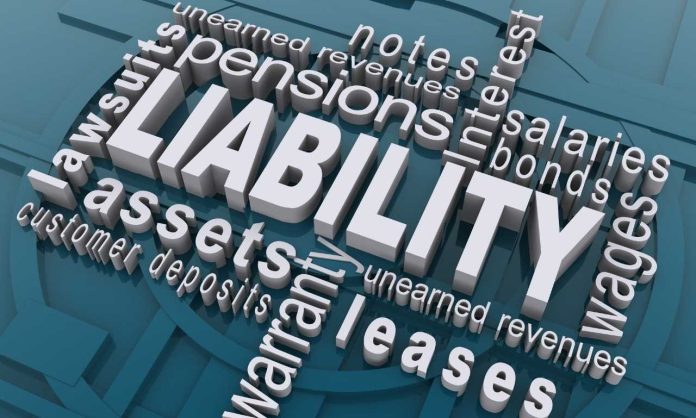Every business, no matter its size or industry, is susceptible to risks that can lead to liability damage. What kind of liability damage can a business face? Liability damage encompasses various situations where your business may be held responsible for injuries, property damage, or other forms of harm. From slip-and-fall accidents to reputational harm, understanding these risks is crucial for keeping your venture afloat and ensuring its long-term survival. Let’s dive into the different types of liability damage, how they can impact your business, and what you can do to protect yourself from potentially catastrophic losses.
Understanding Liability Damage
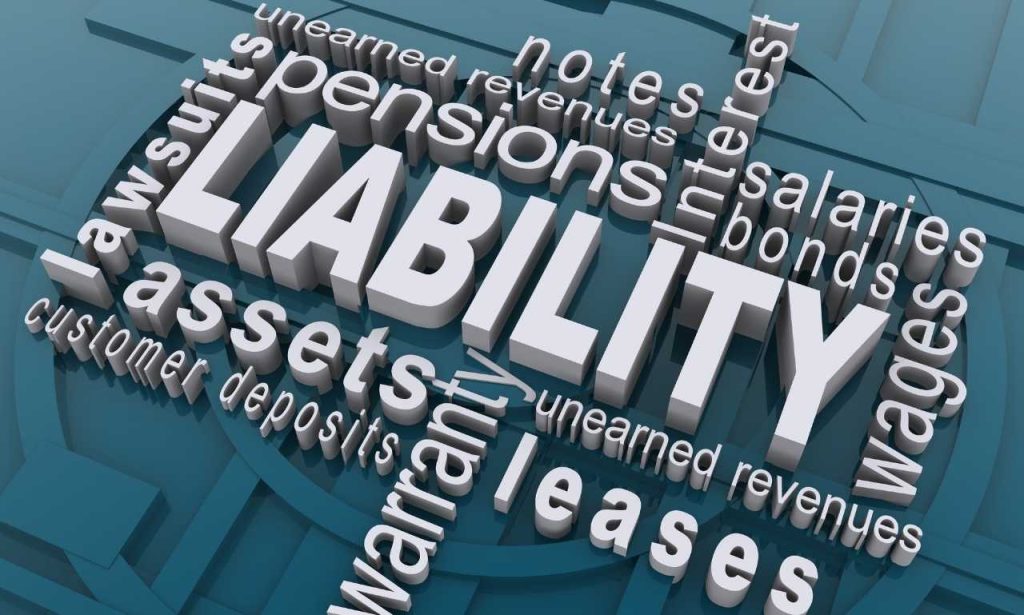
Liability damage refers to any situation where a business can be held responsible for causing harm or loss to another person or property. This could involve physical injury, financial losses, property damage, or even emotional distress. Liability damage is an inherent risk for any business, whether you run a bustling restaurant, a professional services firm, or an online consultancy. The key to safeguarding your business is understanding these risks and taking the necessary steps to mitigate them.
Why Is Liability Damage a Threat to Business Stability?
- Unpredictable Nature: Liability damage is often unexpected. Accidents, oversights, or negligence can happen at any time, and businesses must be prepared to address these situations.
- Financial Consequences: Liability damage can result in significant financial losses, from paying for medical expenses to covering legal defense costs and compensation payouts.
- Reputation Hit: Liability claims can also lead to reputational harm, which might drive customers away, lead to negative media coverage, and damage relationships with clients and partners.
Liability damage can cost businesses thousands, if not hundreds of thousands, of dollars. Ensuring your business is adequately prepared with the right coverage and preventive measures is essential to keeping it stable and thriving.
Common Types of Liability Damage
When exploring what kind of liability damage a business can face, it’s essential to understand the common types. Each type of liability damage can have different implications and requires tailored solutions to mitigate risk effectively.
Bodily Injury Claims
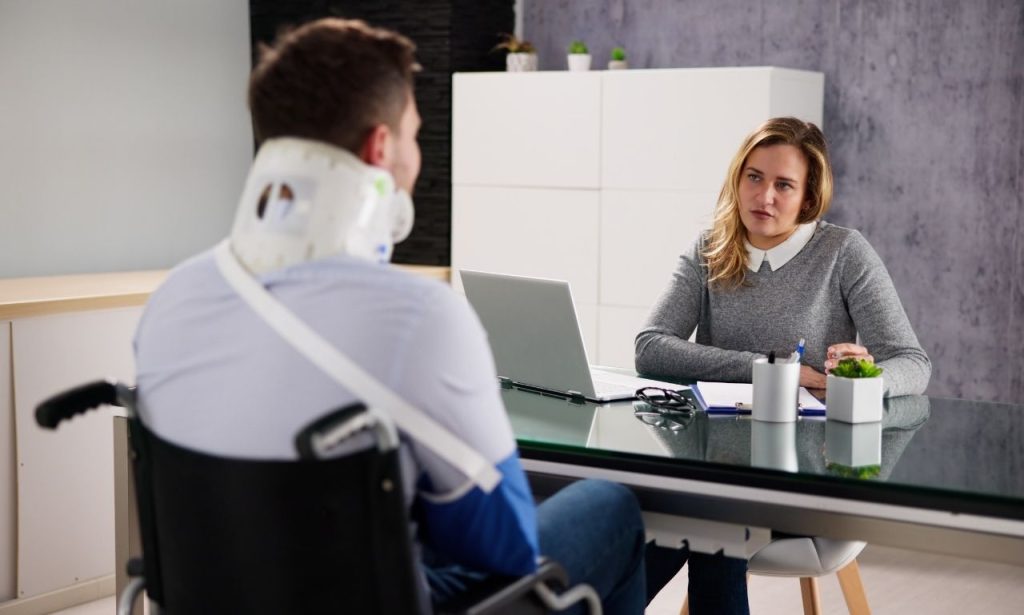
Bodily injury claims occur when someone is injured due to negligence on the part of your business. These injuries could involve physical harm resulting from accidents on your premises, such as slip-and-fall incidents or injuries caused by faulty equipment.
- Third-party Bodily Injury: This type of claim involves injuries sustained by non-employees, such as customers, vendors, or visitors. For example, if a customer slips on a wet floor in your store and suffers an injury, they could file a bodily injury claim against your business, leading to medical costs, potential lawsuits, and liability claims.
- Employee Injuries: While bodily injury claims involving employees are usually covered under workers’ compensation insurance, businesses can still face liability issues if unsafe working conditions lead to accidents. Employee injuries can negatively impact your company’s finances and employee morale.
Property Damage Claims
Property damage claims occur when your business is responsible for damaging someone else’s property.
- Third-party Property Damage: This involves damages to someone else’s property as a result of your business activities. For instance, a construction company that accidentally damages a client’s building while carrying out renovations may be liable for third-party property damage.
- Environmental Liability: Businesses that work with hazardous materials may face environmental liability claims if spills or incidents result in harm to the environment. These types of liability claims can be extremely costly, involving cleanup efforts, regulatory fines, and compensation.
Personal Injury Claims
Personal injury claims differ from bodily injury claims, as they involve non-physical damages such as harm to a person’s reputation or emotional well-being.
- Advertising Liability: This occurs when marketing campaigns cause harm to another entity’s reputation. False advertising, trademark infringement, and copyright infringement are all examples of advertising injuries that can lead to personal injury claims.
- False Arrest and Malicious Prosecution: Businesses can face personal injury claims if they are accused of wrongful detention of customers or employees. For instance, falsely accusing a customer of theft and detaining them could result in a personal injury lawsuit for false arrest or malicious prosecution.
Product Liability Claims
Product liability claims can arise when a product your business sells or manufactures causes harm to a customer.
- Defective Products: If a faulty product causes injury or damage to a consumer, your business could be liable for the resulting damages. This is especially relevant for businesses involved in manufacturing, importing, or selling consumer goods.
- Product Recalls: In some cases, defective products may need to be recalled to prevent further harm. The cost of recalling a product, as well as compensating affected consumers, can be significant.
Reputational Damage
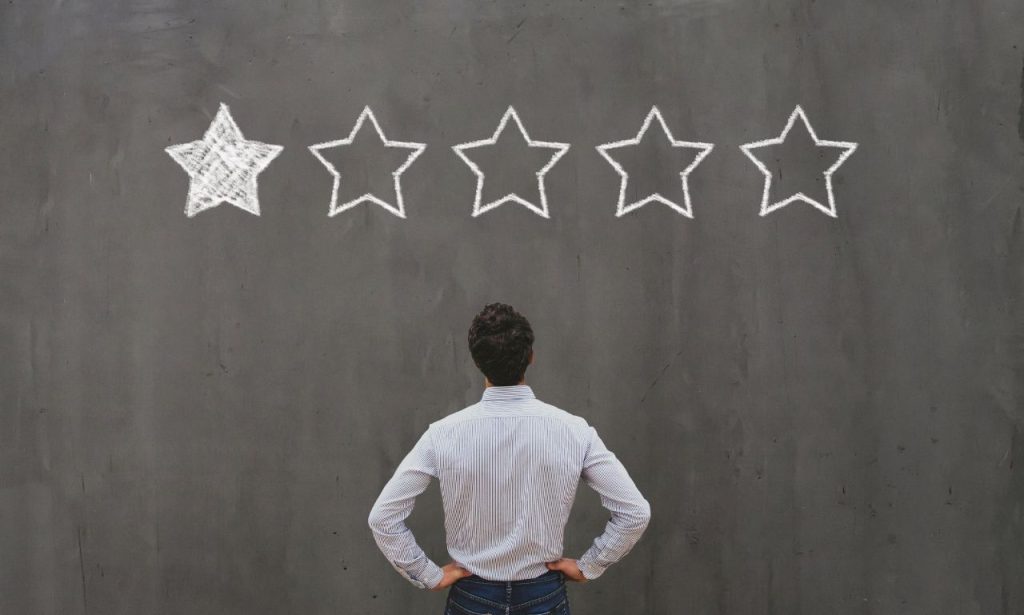
Reputational damage can occur when negative publicity, customer complaints, or legal issues damage your brand’s reputation.
- Social Media Backlash: A negative post from an unhappy customer can go viral and lead to reputational harm, impacting customer trust and future sales.
- Legal Claims Impacting Reputation: Even if your business is not found liable in a lawsuit, the mere association with a legal claim can harm your reputation and affect your ability to attract customers and partners.
The Importance of General Liability Insurance
General liability insurance provides critical coverage for businesses facing liability claims. It’s a crucial layer of protection that helps prevent financial ruin in the event of liability damage.
Coverage for Bodily Injuries
General liability insurance covers third-party bodily injuries that occur on your business premises or as a result of your operations. If a customer slips and falls in your store or an accident occurs due to faulty equipment, general liability insurance can cover medical expenses, rehabilitation costs, and legal defense fees.
Coverage for Property Damage
If your business activities cause damage to a third party’s property, general liability insurance will help cover the costs. For example, if an employee accidentally damages a client’s car while making a delivery, general liability insurance can help pay for the repairs.
Coverage for Personal Injuries
Personal injury claims, such as those arising from allegations of false advertising or defamation, can be costly and time-consuming. General liability insurance helps cover the costs associated with defending against these claims, including legal defense expenses and settlement fees.
Coverage for Product Liability
Product liability insurance is often included as part of general liability insurance, covering damages arising from defective products. This is especially important for businesses that manufacture or sell physical products.
Exclusions in Liability Insurance Policies
While general liability insurance provides broad coverage, it’s important to understand what’s excluded from your policy. These exclusions will determine whether you need additional coverage to ensure complete protection.
Professional Errors Exclusions
General liability policies typically exclude claims related to professional errors or negligence. For example, if a consultant provides faulty accounting advice that leads to financial losses for a client, general liability insurance will not cover the resulting damages. For such situations, professional liability insurance is needed.
Theft and Vandalism Exclusions
Theft and vandalism are not covered under general liability policies. To protect your business property from these risks, you need commercial property insurance. This coverage will help you recover losses due to theft, vandalism, or other forms of property damage.
Intentional Acts Exclusions
General liability insurance excludes coverage for intentional or fraudulent acts. This means that claims related to sexual harassment, defamation, or malicious prosecution will not be covered if the actions were intentional. Businesses must take preventive measures to avoid such incidents and protect themselves from the resulting legal liabilities.
Assessing Your Business’s Liability Risks
Every business faces unique liability risks, depending on its industry, operations, and activities. Assessing your liability risks is a critical step in understanding your exposure and taking appropriate measures to protect your business.
Conducting Risk Assessments
Risk assessments are essential for identifying potential liability issues before they become costly problems. Conduct regular assessments to evaluate the risks your business faces and develop strategies to mitigate them.
- Identify Weak Spots: Assess areas where accidents are more likely, such as wet floors, poorly maintained equipment, or inadequate safety protocols.
- Analyze Past Claims: Reviewing previous liability claims can provide valuable insights into recurring risks and help you develop preventive measures to reduce the likelihood of future incidents.
Evaluating Operations and Activities
Your business’s operations and activities significantly influence your liability exposure. Evaluate how you conduct your business, including customer interactions, service delivery, and employee practices.
- Business Premises: Ensure that your physical location is safe for customers, employees, and visitors. Regular inspections and maintenance can help minimize liability risks related to the premises.
- Type of Business: The specific nature of your business also dictates your liability risks. For example, construction companies face different liability risks compared to consulting firms, and their insurance needs will vary accordingly.
How to Protect Your Business from Liability Damage
Preventing liability damage is all about proactive measures. By taking the right steps, you can reduce the risk of costly claims and lawsuits that could harm your business.
Obtaining Adequate Insurance Coverage
The first and most crucial step in protecting your business from liability damage is ensuring you have adequate insurance coverage.
- General Liability Insurance: This is the foundation of liability coverage for most businesses. It provides protection against common claims such as bodily injury, property damage, and personal injury.
- Professional Liability Insurance: This coverage is particularly important for businesses providing professional services, such as consultants, lawyers, or accountants. It helps cover claims related to errors, omissions, or negligence in professional services.
- Cyber Liability Insurance: As more businesses operate online, the risk of cyber-attacks and data breaches has increased. Cyber liability insurance provides protection in the event of a data breach, covering costs such as legal fees, customer notifications, and credit monitoring.
- Commercial Property Insurance: Protects your business property from damage or loss due to theft, vandalism, natural disasters, and other events.
Implementing Safety Protocols
Safety protocols aren’t just about compliance—they’re crucial for preventing liability claims and keeping your business and employees safe.
- Follow Safety Standards: Implement safety measures that align with industry standards, ensuring that employees, customers, and visitors are protected from common hazards.
- Regular Safety Checks: Schedule regular inspections of equipment, premises, and work practices to identify potential risks before they become liabilities.
- Accident Reporting and Investigation: Encourage prompt reporting of accidents and near-misses, and conduct thorough investigations to identify root causes and implement corrective actions.
Regular Training and Education for Employees
Your employees play a significant role in mitigating liability risks. By providing regular training and education, you can help them understand the importance of safety, compliance, and risk management.
- Employee Training: Train your employees on safety protocols, emergency response, and proper equipment handling. Well-trained employees are less likely to make mistakes that lead to liability claims.
- Handling Situations: Employees should be trained to effectively handle potentially risky situations, such as dealing with upset customers or managing hazardous materials, to reduce the chances of incidents occurring.
The Role of Legal Counsel in Liability Issues
Legal support is invaluable when it comes to managing liability risks. Having an experienced attorney on your side can help you navigate complex legal issues and protect your business from costly liability claims.
Understanding Legal Obligations
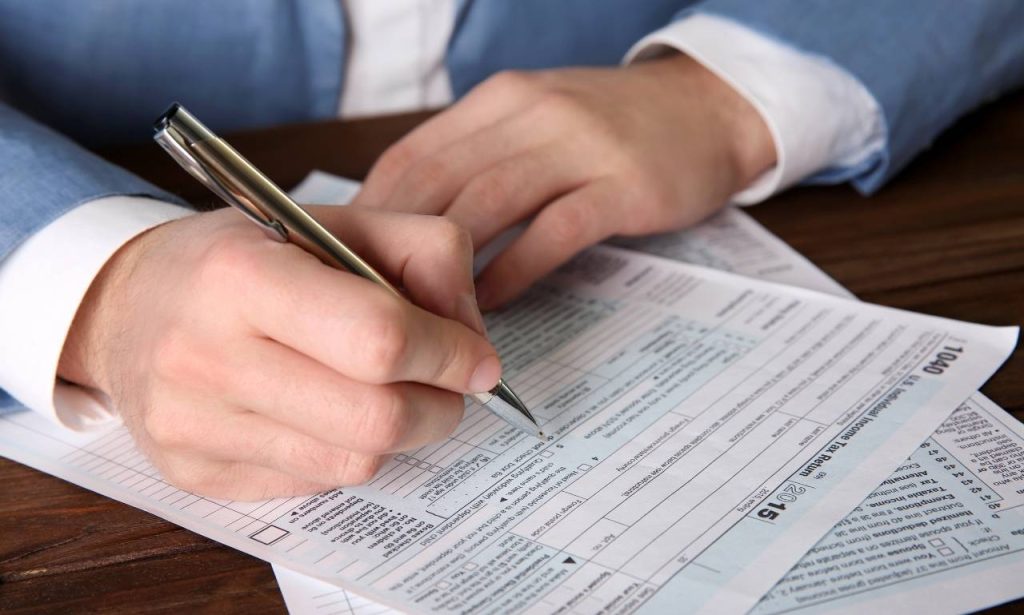
Understanding your legal obligations as a business owner is crucial for minimizing liability risks. Legal counsel can help you ensure that your business complies with all relevant laws and regulations.
- Compliance with Local Laws: Different jurisdictions have different legal requirements for businesses. Legal counsel can help you understand and comply with these requirements, reducing the risk of liability claims.
- Advising on Liability Insurance: An attorney can also help you understand your liability insurance options and choose the coverage that best fits your business needs.
If your business faces a liability claim or lawsuit, legal counsel is essential for navigating the legal process and protecting your interests.
- Defense Strategy: Whether you are facing a personal injury lawsuit, a breach of contract claim, or a wrongful termination case, an attorney can help you develop a defense strategy that minimizes your liability exposure.
- Negotiations and Settlements: In many cases, settling a claim is the most efficient way to resolve a liability issue. Your attorney can negotiate on your behalf to ensure that the settlement is fair and reasonable.
- Representation in Court: If a liability claim goes to court, having legal representation is crucial for protecting your business’s reputation and financial stability.
Conclusion
What kind of liability damage can a business face? The answer is plenty. From bodily injury claims and property damage to reputational harm and product liability, businesses face a wide range of potential liabilities. Ignoring these risks can have severe consequences, potentially leading to costly legal claims, financial losses, and reputational damage. However, by understanding these risks, conducting regular risk assessments, implementing effective safety protocols, and obtaining adequate insurance coverage, you can significantly reduce your liability exposure and protect your business from claims. Remember, when it comes to liability damage, proactive measures and preparedness are the keys to ensuring your business remains resilient and successful.
Also Read: What Do Lenders Require for Liability Insurance
FAQs
General liability insurance protects your business from common claims involving bodily injuries, property damage, and personal injuries, providing financial stability against unpredictable risks.
Liability damages can range from physical injuries to property damages, personal injury claims due to false advertising, or environmental damages.
Adequate insurance coverage, employee safety training, and regular risk assessments can significantly reduce liability exposure.
Not all damages are covered—intentional acts, theft, and professional errors often require specific policies like commercial property insurance or professional liability insurance.
